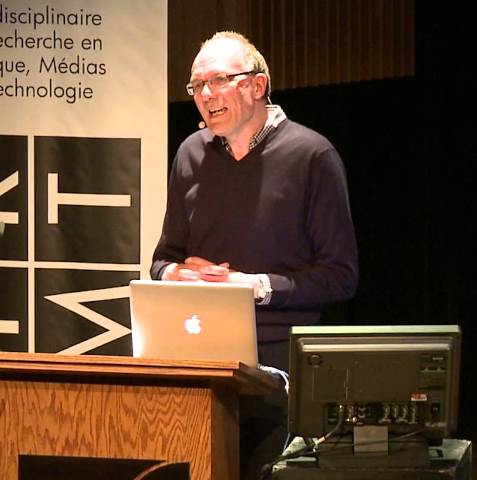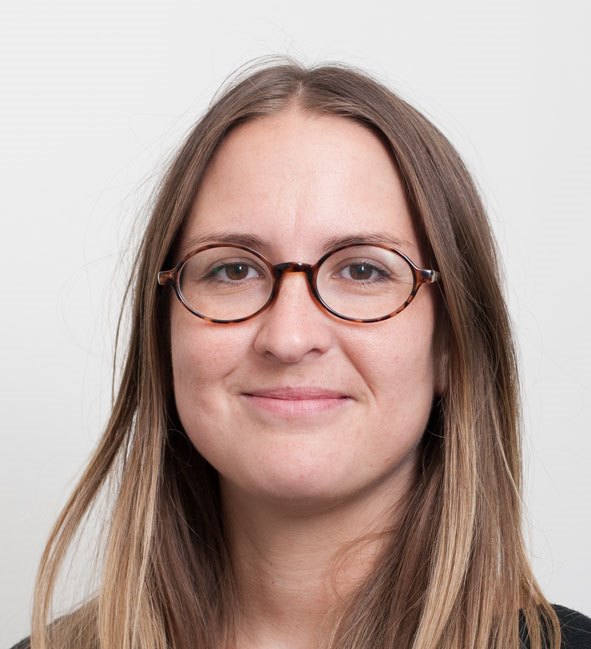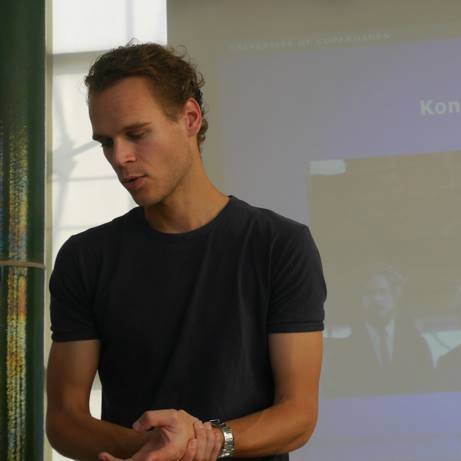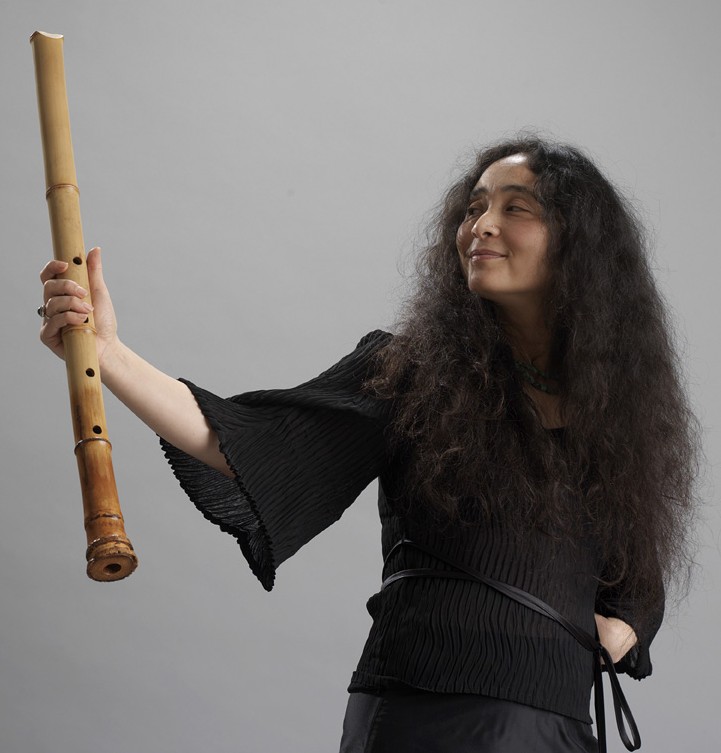Music, Mind, Movement, Meditation: Interdisciplinary Approaches
IMC Workshop
Info about event
Time
Location
IMC Meeting Room, Jens Chr. Skous Vej 4, Building 1483-312
Organizer




Schedule:
9:30 Andreas Roepstorff opening
9:40: Keynote Professor Eric Clarke, University of Oxford, Faculty of Music. Out of our heads: musicking 4E-style (ecological remix)
11:00 Break
11:15: Assistant Professor Maria Witek, Center for Music in the Brain: ‘Feeling at one’ and the psychology of continuous pleasure in electronic dance music.
12:15 Lunch
13:15: Simon Høffding: Musical absorption as forms of dreaming and sleeping? Comparative Phenomenological Investigations.
14:15: PhD Kiku Day: Music and Meditation: How does music support religious experiences or add to people reaching a higher state of consciousness? Cases from Sufism, Buddhism and Christianity.
15:15 Break
15:30: General discussion
16:00: End
Please register here
Content:
The overarching theme is to understand what music is, qua its capacity to deeply impact the human mind and body. Examples of such impact are found in mental alterations such as ecstasis, trance, absorption, or deep concentration. Empirical cases come from musicians from Sufi, Buddhist and Christian traditions, expert “classical” musicians and club dancers.
Methodologies employed range from empirical psychology and neuro-psychology, over various kinds of qualitative interviews and ethnomusicological approaches, to philosophical and phenomenological analyses. We are interested in understanding the phenomenology of these various forms of musical engagement, in order to work toward a possible explanation of how music is able to impact the mind in the various ways it does. This understanding moves us back to the overarching theme, attempting to grasp what kind of phenomenon music is; is it an extended mental structure, enabling us to understand, express and develop complex emotions? Is it a form of sleep or meditation, serving to stabilize, revitalize and optimize the mind/brain? Is it a biological structure conducive to caretaker-infant bonding, a cultural/societal structure for conflict-resolution, or a phenomenological structure impacting the texture of the “self”? And could it be all of these?
Contact: Simon Høffding, IMC
